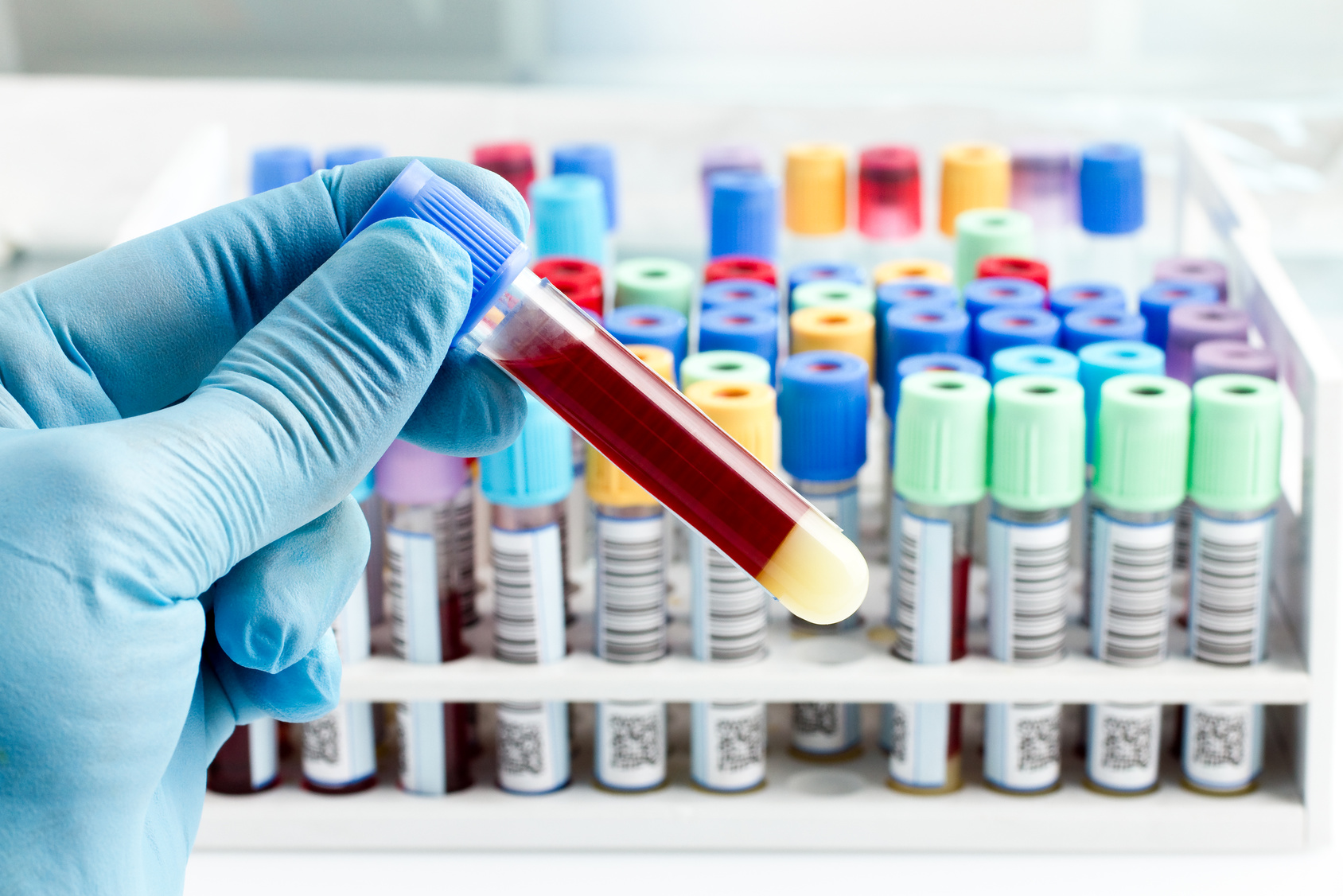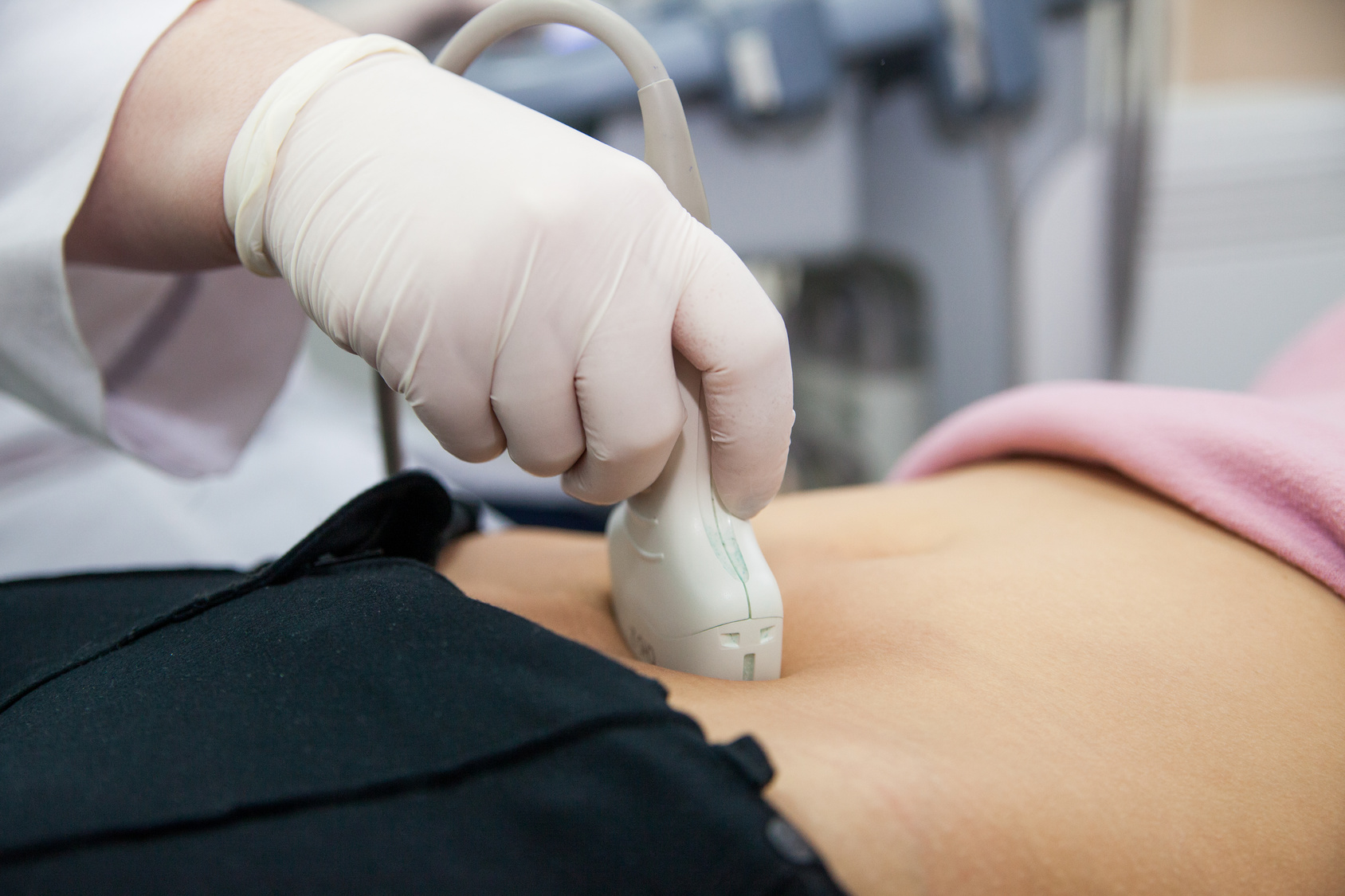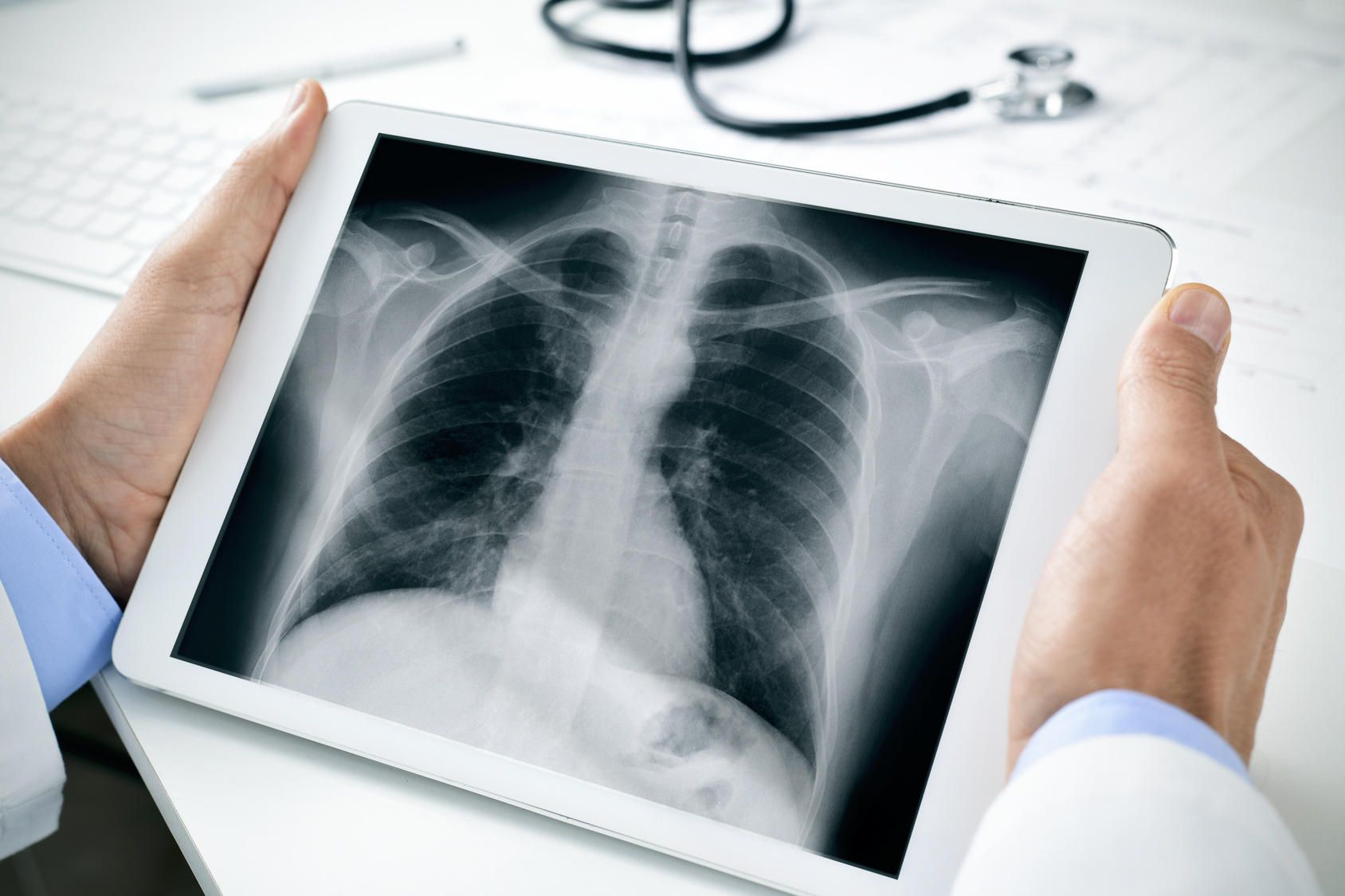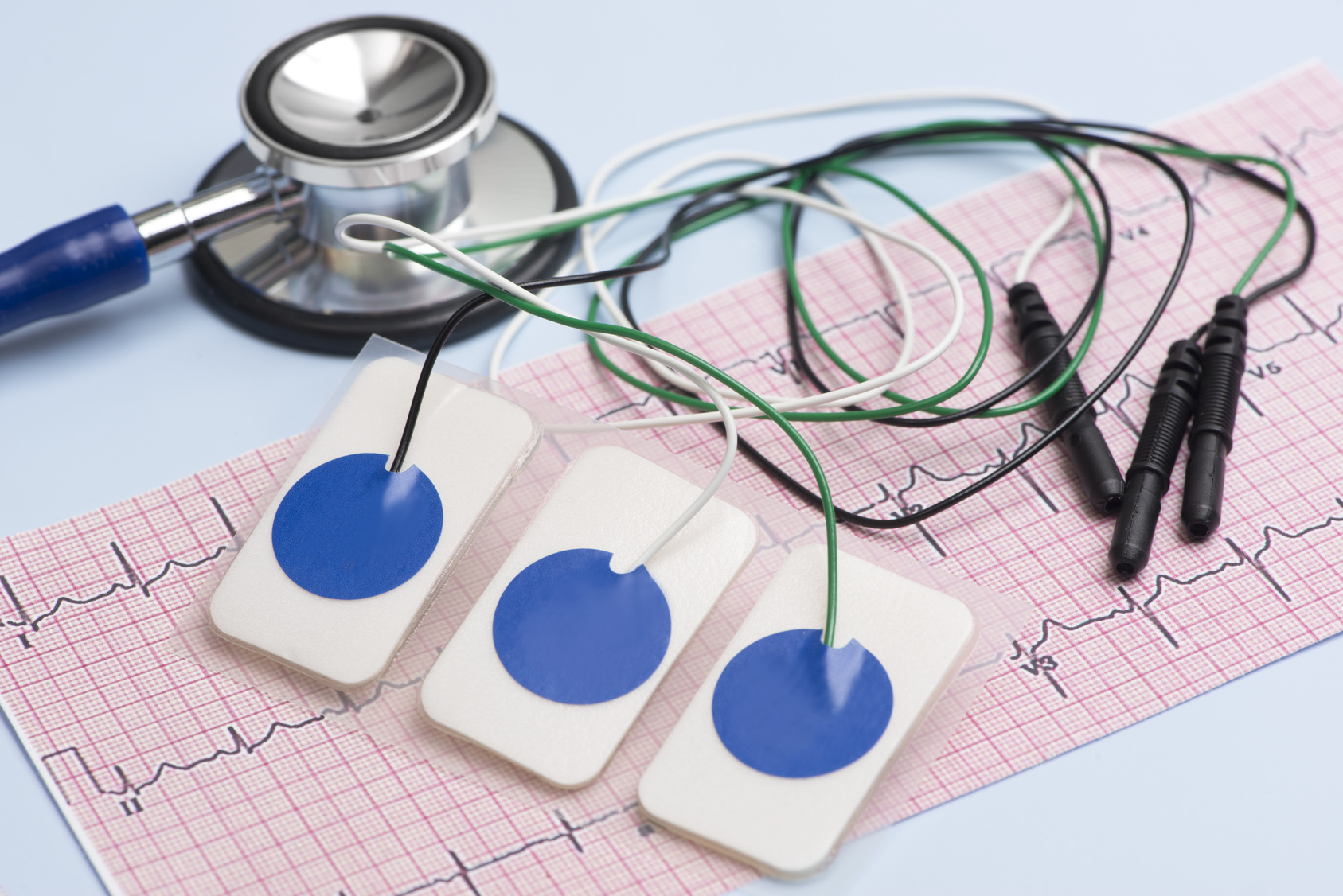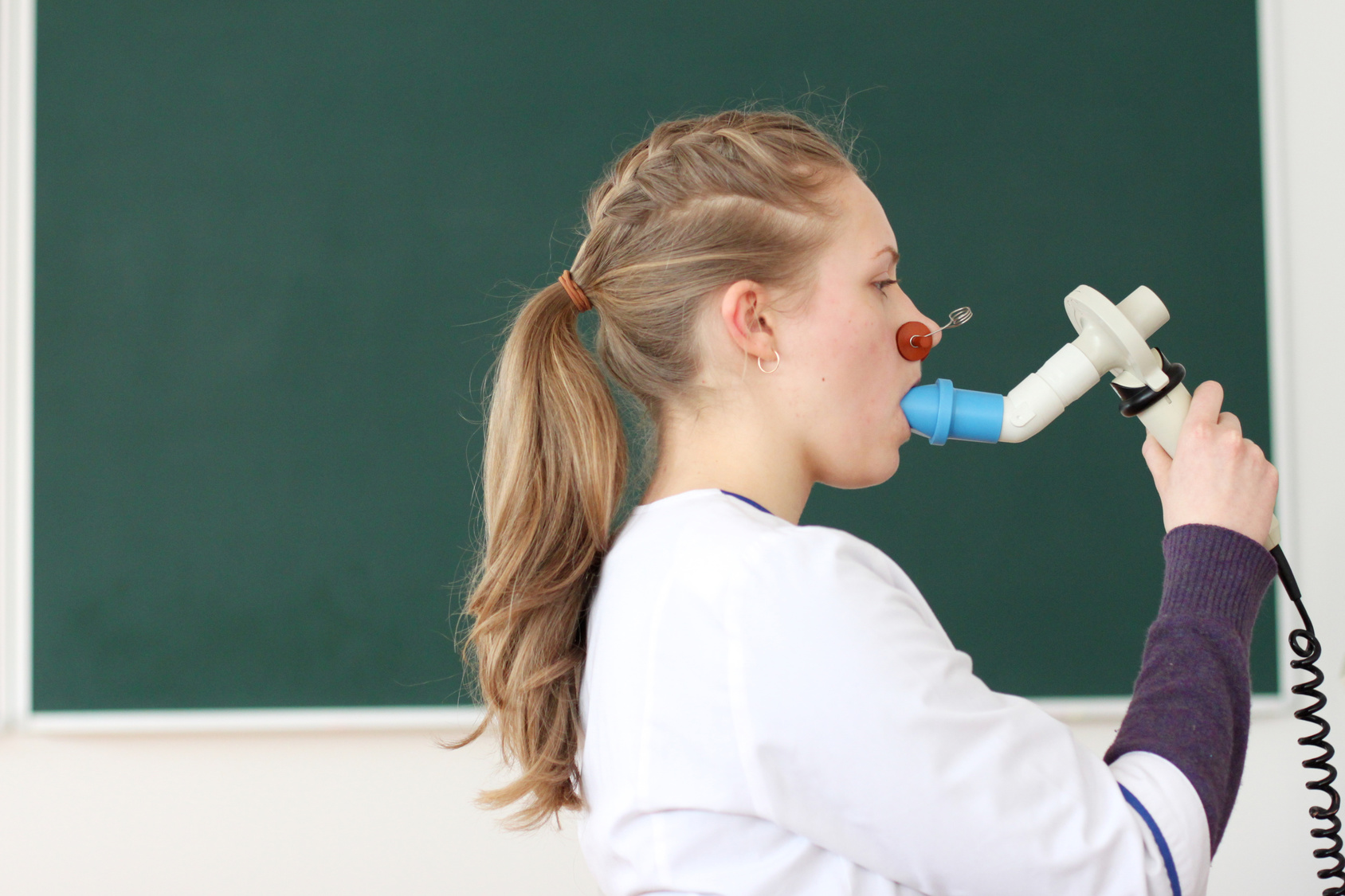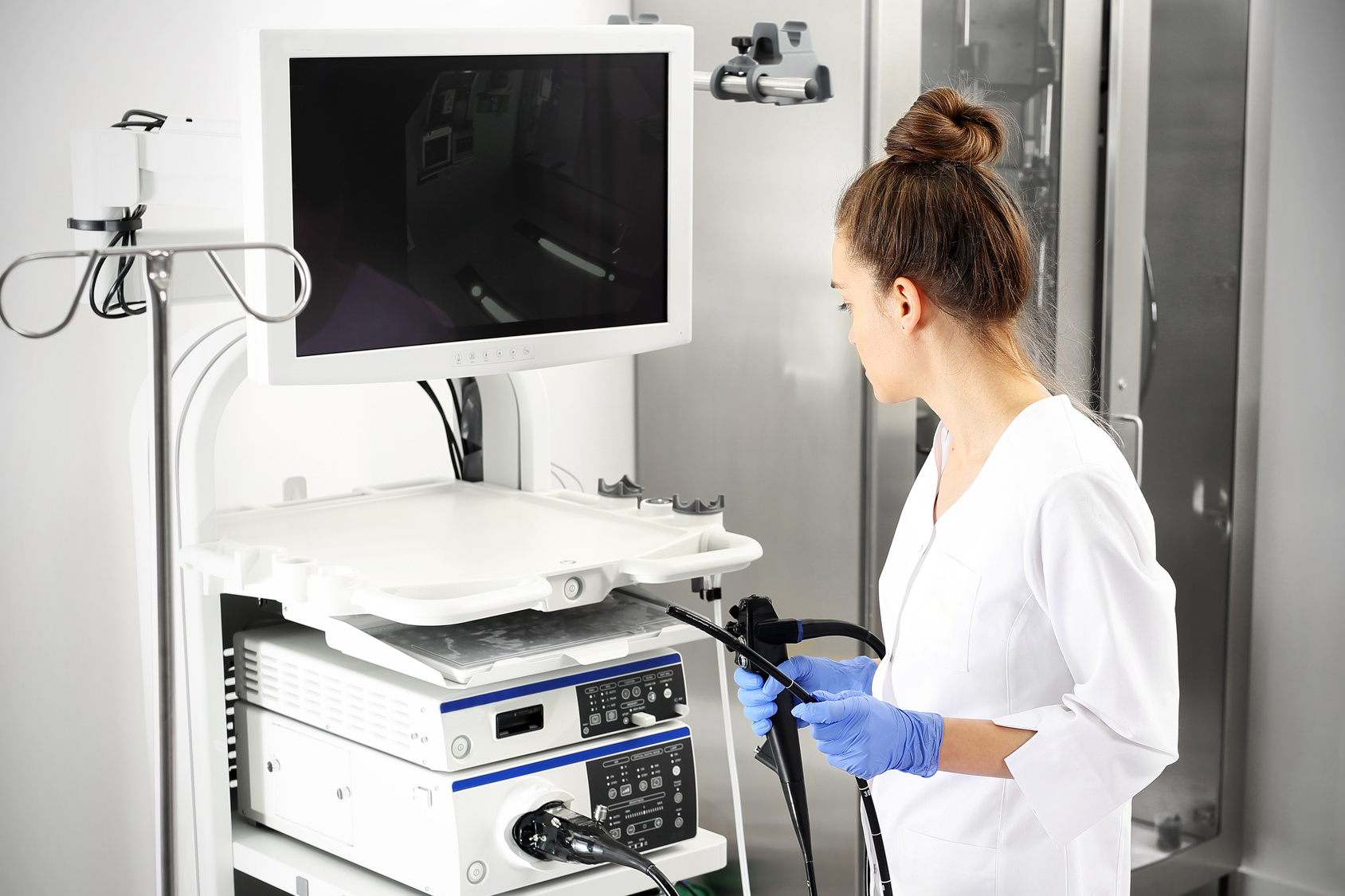Clinical Trials
Nowadays, we observe great progress in the development of medicine and the associated sciences. Despite the current medical and pharmaceutical knowledge established over many years, there is a constant drive to improve knowledge and explore questions about mechanism of disease development, which may further enable more accurate search for methods to stop this process.
These research and development activities help to identify the most effective and safest treatments for patients.
Over the past few decades, progress in this domain has led to our more efficient management of many diseases which - until recently - were considered incurable or impossible to maintain in remission.
By contributing to the development of new therapies through clinical studies, medical specialists are not only able to build scientific evidence, but also treat many medical conditions more effectively and safely.
Phase II-IV clinical studies are conducted in our facilities in the following domains:
- Internal medicine
- Pediatry
- oncology
- Diabetology
- Cardiology
- Urology / Gynecology
- Gastroenterology
- Neurology
- Dermatology
- Pulmonology
- Rheumatology
- Orthopedics
- Laryngology
- Endocrinology
- Ophthalmology
- Aesthetic Medicine
- Stomatology
Specialist outpatient clinics
Our specialist outpatient clinics are visited annually by approximately 200 thousand patients.
Diagnostics
Specialist diagnostics constitutes the basis of modern medicine, which enables us to diagnose a disease at an early stage and make an appropriate treatment decision.
We are committed to combining knowledge and experience in using modern diagnostic equipment to ensure rapid and accurate diagnosis and to establish a standard treatment plan or provide treatment in the clinical trial setting.


